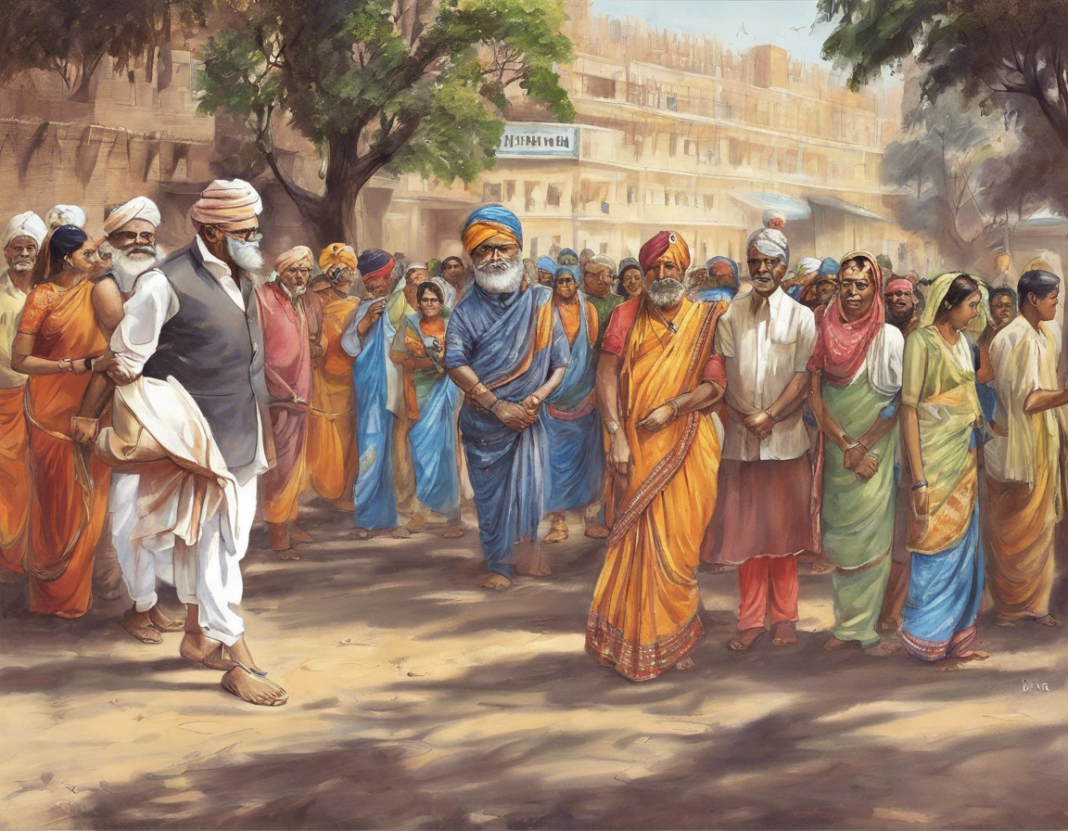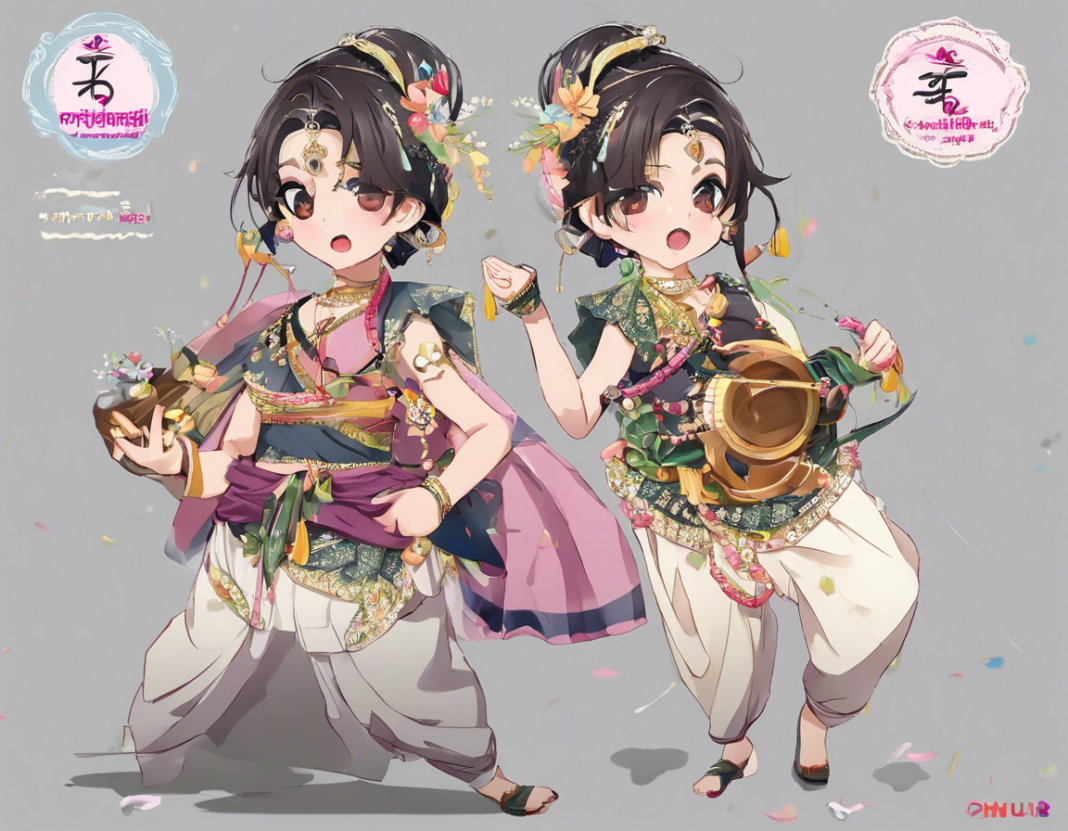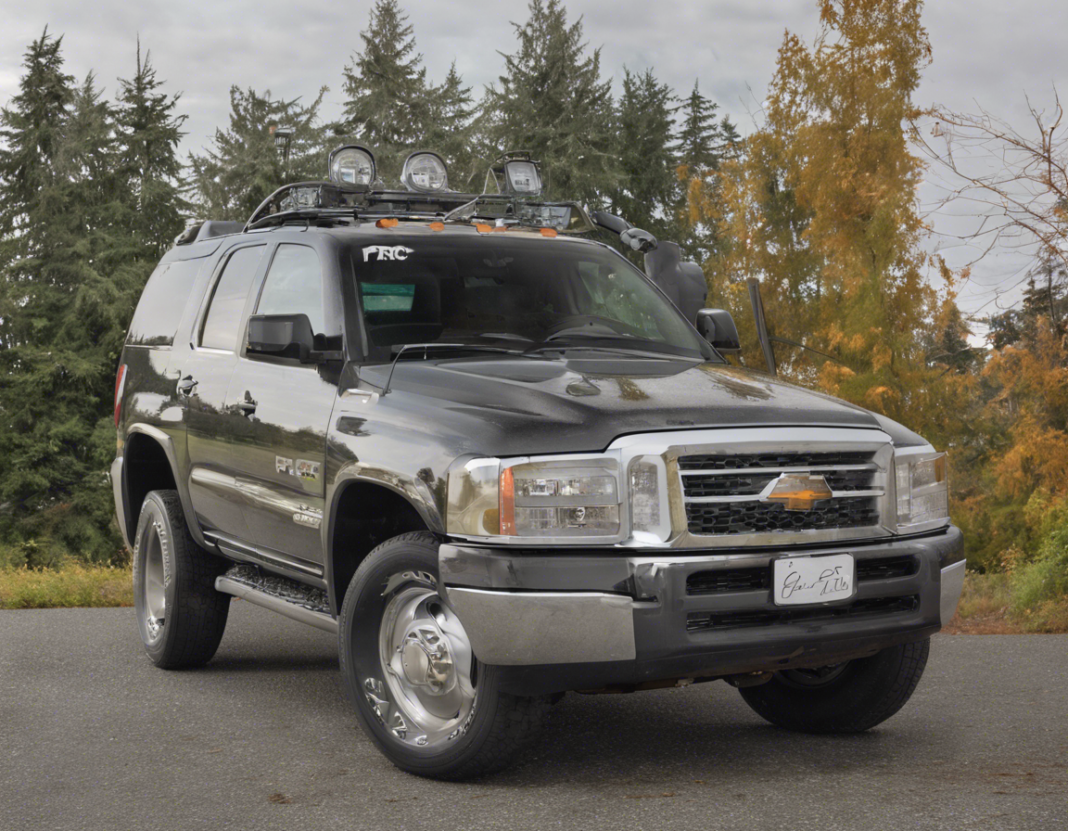Introduction
Bharat Ki Khoj is an intriguing term which translates to “Discovery of India”. The rich history of India has been shaped by various explorers, scholars, and rulers who have contributed to the understanding and discovery of the Indian subcontinent. In this article, we will delve into the journey of how India was discovered, by whom, and the significant milestones along the way.
The Early Explorers
1. Ancient Civilizations:
India has a civilizational history that dates back thousands of years. The Indus Valley Civilization, one of the world’s earliest urban civilizations, flourished around 2500 BCE in present-day Pakistan and northwestern India. Archaeological excavations at sites like Mohenjo-Daro and Harappa unveiled the advanced urban planning and sophisticated drainage systems of this civilization.
2. The Greeks:
The Greek ambassador Megasthenes was one of the first foreign envoys to document his observations of India. He resided in the court of Chandragupta Maurya around 300 BCE and wrote detailed accounts of Mauryan society in his work “Indika”. The Greek invasion led by Alexander the Great in 326 BCE also brought the Indian subcontinent into contact with Greek culture.
The Medieval Period
1. Arab Traders:
The Arab traders played a crucial role in establishing maritime trade routes with the Indian subcontinent. The port city of Calicut on the Malabar Coast became a thriving center of trade, attracting merchants from Arabia, Persia, and North Africa. The spice trade and the introduction of Islam through these traders had a lasting impact on India’s cultural and economic landscape.
2. Chinese Pilgrims:
During the 7th century, Chinese Buddhist pilgrims such as Xuanzang traveled to India in search of sacred texts and to study at the renowned Nalanda University. Xuanzang’s detailed accounts of India’s geography, society, and religious practices provided valuable insights into the Indian subcontinent for the Chinese.
The Age of Exploration
1. European Voyages:
The Age of Exploration in the 15th and 16th centuries witnessed European powers setting sail to discover new lands and establish trade routes. Vasco da Gama’s historic voyage in 1498 around the Cape of Good Hope opened up direct sea routes between Europe and India, paving the way for Portuguese dominance in the Indian Ocean trade.
2. British Colonial Rule:
The establishment of the British East India Company in the early 17th century marked the beginning of British colonial rule in India. The British presence in India expanded over the centuries, leading to the colonization of the subcontinent and shaping its political, economic, and cultural landscape.
Modern Discoveries
1. Archaeological Excavations:
Archaeological excavations in the 19th and 20th centuries unearthed ancient sites like Harappa, Mohenjo-Daro, and the Ajanta and Ellora caves, shedding light on India’s rich heritage and architectural marvels. The decipherment of the Indus Valley script and the preservation of these sites have been instrumental in understanding India’s past.
2. Scientific Discoveries:
India’s quest for scientific discovery and technological advancements has made significant strides in modern times. The Indian Space Research Organization (ISRO) has achieved remarkable feats in space exploration, including the Mars Orbiter Mission in 2014. India’s contributions to mathematics, astronomy, and medicine have also been recognized globally.
Conclusion
The journey of Bharat Ki Khoj has been a tapestry woven with the threads of ancient civilizations, explorers, traders, and scholars who have unraveled the mysteries of India’s past and present. From the glory of the Indus Valley Civilization to the scientific achievements of contemporary India, the discovery of India continues to captivate the world with its richness and diversity.
Frequently Asked Questions (FAQs)
1. Who Discovered India?
India was not discovered by a single individual, but rather through the interactions of various explorers, traders, and scholars over centuries. The discovery of India was a gradual process that unfolded through ancient civilizations, foreign invasions, and colonial expeditions.
2. How Did Vasco da Gama Discover India?
Vasco da Gama, a Portuguese explorer, discovered a sea route from Europe to India in 1498. He sailed around the Cape of Good Hope, reaching the port of Calicut on the Malabar Coast. This voyage established direct maritime trade between Europe and India.
3. What Role Did British Colonialism Play in Discovering India?
British colonial rule in India, which lasted for nearly two centuries, played a significant role in shaping India’s modern history. The British East India Company’s presence in India led to the exploration and exploitation of the subcontinent’s resources, culture, and economy.
4. How Did Chinese Pilgrims Contribute to the Discovery of India?
Chinese pilgrims like Xuanzang traveled to India during the medieval period to study Buddhism and Indian philosophy. Their accounts of Indian society, culture, and religious practices provided valuable insights into the Indian subcontinent for the Chinese and the world.
5. What Are Some Notable Archaeological Discoveries in India?
India has been home to several notable archaeological discoveries, including the remains of the Indus Valley Civilization at sites like Harappa and Mohenjo-Daro, the Ajanta and Ellora caves, and ancient temples and monuments that showcase India’s rich cultural heritage.
6. How Has India Contributed to Scientific Discoveries?
India has made significant contributions to scientific discoveries, particularly in the fields of mathematics, astronomy, and medicine. The Indian Space Research Organization (ISRO) has achieved remarkable feats in space exploration, including the successful Mars Orbiter Mission in 2014.
7. What Were the Impacts of Arab Traders on India’s Discovery?
Arab traders played a crucial role in establishing maritime trade routes with India, particularly in the spice trade. The influx of Arab traders introduced Islam to the subcontinent and had a lasting impact on India’s culture, economy, and society.
8. What Was the Indus Valley Civilization and Its Significance?
The Indus Valley Civilization was one of the world’s earliest urban civilizations that flourished in present-day Pakistan and northwestern India. Known for its advanced urban planning, sophisticated drainage systems, and trade networks, the civilization has provided valuable insights into India’s ancient past.
9. How Did European Voyages Impact India’s History?
European voyages during the Age of Exploration in the 15th and 16th centuries had a profound impact on India’s history. Vasco da Gama’s voyage to India opened up direct sea routes between Europe and the subcontinent, leading to European dominance in the Indian Ocean trade and the eventual colonization of India.
10. What Is the Legacy of India’s Discovery Today?
The legacy of India’s discovery continues to resonate in the country’s rich cultural heritage, diverse traditions, and scientific achievements. The exploration and understanding of India’s past have laid the foundation for its present identity as a vibrant and thriving nation on the global stage.


